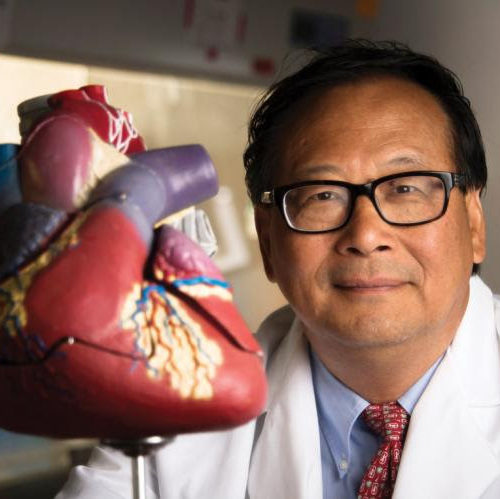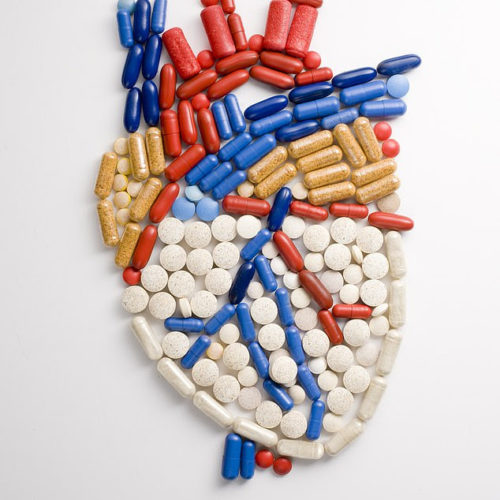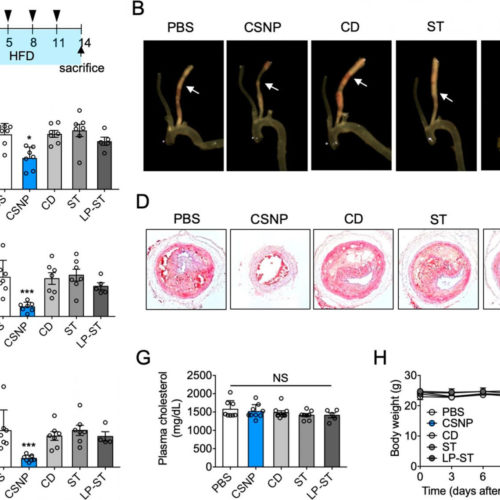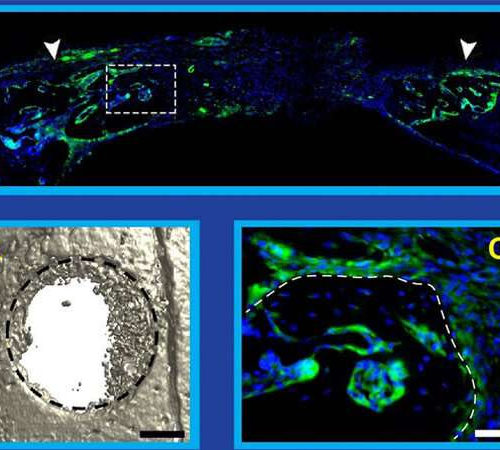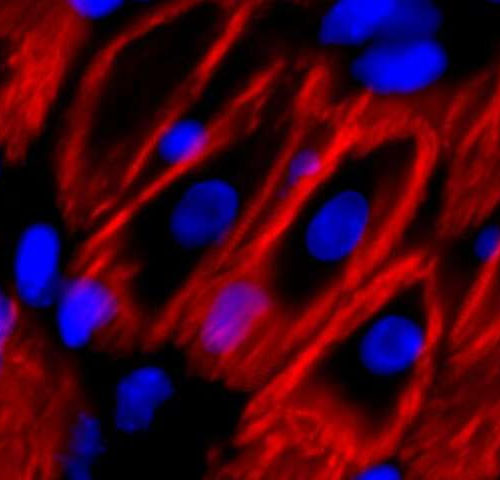New research from The University of Queensland has found that women who have hot flushes and night sweats after menopause are 70 per cent more likely to have heart attacks, angina and strokes. School of Public Health PhD student Dr Dongshan Zhu has found women of any age who experience hot flushes and night sweats,...
Tag: <span>heart attacks</span>
Slow release of two chemicals protects the heart after experimental heart attacks
Injections of two chemicals in a slow-release form significantly reduced the size of dead heart tissue and improved the function of the left ventricle. UNIVERSITY OF ALABAMA AT BIRMINGHAM BIRMINGHAM, Ala. – A novel treatment reduces heart damage after serious heart attacks in two animal models. Injections of two chemicals in a slow-release form significantly...
For years we were told that ‘good’ cholesterol reduces the risk of suffering a heart attack, but new research may be about to change that advice
By BARNEY CALMAN FOR THE MAIL ON SUNDAY Doctors have been advising patients to take ‘good’ cholesterol when possible They warned against LDL, which is deemed bad and promoted HDL as good However, new research indicates that very high HDL levels could be bad Patients with too much ‘good’ cholesterol could be at higher risk...
New nanoparticle drug combination for atherosclerosis
THE KOREA ADVANCED INSTITUTE OF SCIENCE AND TECHNOLOGY (KAIST) CREDIT: PROFESSOR JI-HO PARK, KAIST Physicochemical cargo-switching nanoparticles (CSNP) designed by KAIST can help significantly reduce cholesterol and macrophage foam cells in arteries, which are the two main triggers for atherosclerotic plaque and inflammation. The CSNP-based combination drug delivery therapy was proved to exert cholesterol-lowering, anti-inflammatory,...
Study shows nervous and immune systems ‘need to talk’ for bone repair
Study shows nervous and immune systems ‘need to talk’ for bone repair Photomicrographs from a recent Johns Hopkins Medicine study showing the importance of the peripheral nervous system in bone injury repair. Clockwise from bottom left: (A) Micro computed tomography image showing bone regrowth in mouse skull 14 days after injury (dashed black line is...
Heart cells can rejuvenate and multiply to heal damage
by UT Southwestern Medical Center UT Southwestern Medical Center scientists have discovered a protein that works with others during development to put the brakes on cell division in the heart, they report today in Nature. The findings could eventually be used to reverse this developmental block and help heart cells regenerate, offering a whole new...
Mayo Clinic research discovers how stem cells repair damage from heart attacks
MAYO CLINIC ROCHESTER, Minn. — Mayo Clinic researchers have uncovered stem cell-activated mechanisms of healing after a heart attack. Stem cells restored cardiac muscle back to its condition before the heart attack, in turn providing a blueprint of how stem cells may work. The study, published in NPJ Regenerative Medicine, finds that human cardiopoietic cells...
The link between abdominal fat and repeat heart attacks
Scientists already know that stomach fat — known as abdominal obesity — increases the risk of having a first heart attack. But new research finds that having excessive fat in this specific area also increases risk of subsequent heart attacks. Abdominal fat may be a risk factor for repeat heart attacks. “The reason abdominal obesity...
A kinase identified as possible target to treat heart failure
New study identifies HIPK2 as a novel regulator of heart failure progression UNIVERSITY OF ALABAMA AT BIRMINGHAM BIRMINGHAM, Ala. – An unexplored kinase in heart muscle cells may be a good target to treat heart failure, a disease that is only incrementally delayed by existing therapies. Failing human hearts showed reduced amounts of this kinase, and preclinical experiments showed that restoring the amount of this kinase in...
U of G researchers discover potential drug to treat heart attacks
A potential drug to treat heart attacks and to prevent heart failure — for which no cure currently exists — may result from pioneering research by a University of Guelph professor UNIVERSITY OF GUELPH A potential drug to treat heart attacks and to prevent heart failure – for which no cure currently exists — may...

